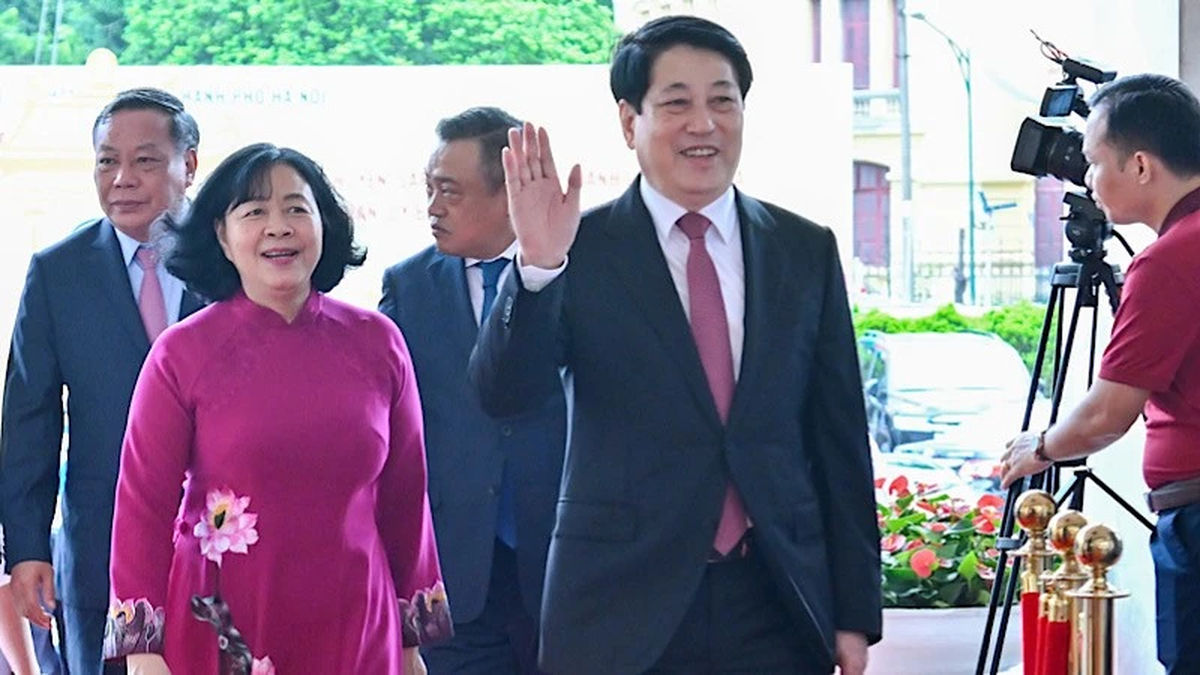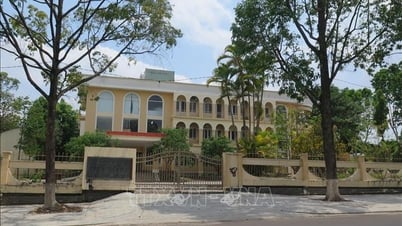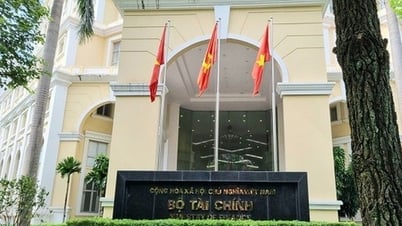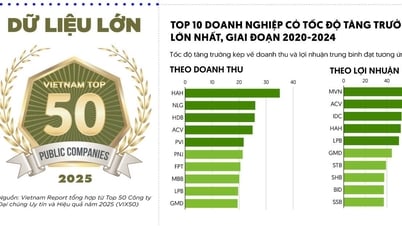DNVN - The Vietnam Association of Realtors (VARS) has just proposed a number of solutions to curb the "overheating" of the real estate market, based on lessons learned from previous countries.
According to VARS, the real estate market in Vietnam often faces many major challenges, from bad debt, high real estate inventory, to difficulties in capital mobilization and declining investor confidence. These difficulties not only directly affect the development of the market but also cause widespread consequences for the entire economy .
Therefore, on the basis of maximum respect for the natural laws of supply and demand, it is extremely necessary for the State to proactively strengthen regulation of the real estate market when the market shows "signs of instability".
In the world , to ensure the sustainable and stable development of the real estate market, the Government of many countries has used credit policy as a tool to regulate the real estate market. Through tightening or loosening credit, the Government can control real estate prices, prevent bubbles and ensure market stability.

However, VARS believes that the flexibility in this policy depends on each market and the specific economic situation and experience of each country.
In China, to control capital flows, the Chinese government imposes many restrictions on real estate purchases using credit, especially loans for speculation. They also control capital flows abroad to prevent speculative money from flowing into foreign real estate markets.
In Singapore, in order to control speculation and prevent a property bubble, the Singaporean government has increased the minimum deposit rate when borrowing to buy real estate, especially for second or third home buyers. At the same time, to reduce the loan amount and control real estate prices, the government has also limited the loan term combined with a tight credit policy.
In the United States, after the 2008 financial crisis, the Federal Reserve (FED) lowered interest rates to boost the economy and stimulate home buying demand. However, the FED also applied stricter credit standards to borrowers, requiring better credit histories to prevent risks from subprime mortgages.
Experiences of other countries show that credit policies and laws are one of the important tools for governments to regulate the real estate market. Many of the policies that have been successfully applied by other countries can be referenced, learned, and applied to Vietnam.
Based on lessons learned from previous countries, in order to curb the "overheating" of the real estate market, VARS proposes a number of credit policy solutions to regulate the market when there are fluctuations.
Specifically, VARS proposes tightening credit policies for speculators. To reduce the number of people borrowing money for speculative purposes or using excessive leverage, credit institutions can reduce lending limits by adjusting the loan-to-value ratio, requiring a higher equity payment ratio, or applying higher interest rates to people buying second homes or more.
The government can impose regulations on credit quality control, requiring banks to report more details on real estate-related loans, thereby strengthening risk monitoring. Establish a credit mechanism for social housing projects, prioritizing funding for social housing and affordable housing development projects, to address the housing needs of low-income people.
In addition, the State needs to have a policy of loosening credit, including reducing interest rates and supporting long-term loans with preferential interest rates for first-time home buyers, or some other priority groups for the purpose of social stability such as newly married young couples.
In order to apply the policy “correctly and accurately”, VARS believes that it is necessary to build a database system that is large enough, accurate enough and highly updated to ensure a clear distinction between real home buyers, using it for real production and business purposes, and speculators and profiteers.
“To regulate the real estate market more comprehensively, credit policies should be combined with the application of real estate transfer tax or property tax. The application of regulatory policies must be flexible, ensuring stability and order in the real estate market, and minimizing risks,” VARS emphasized.
Ha Anh
Source: https://doanhnghiepvn.vn/kinh-te/bat-dong-san/lam-gi-de-kim-ham-da-tang-nong-cua-thi-truong-bat-dong-san/20240928050046687







































































































Comment (0)